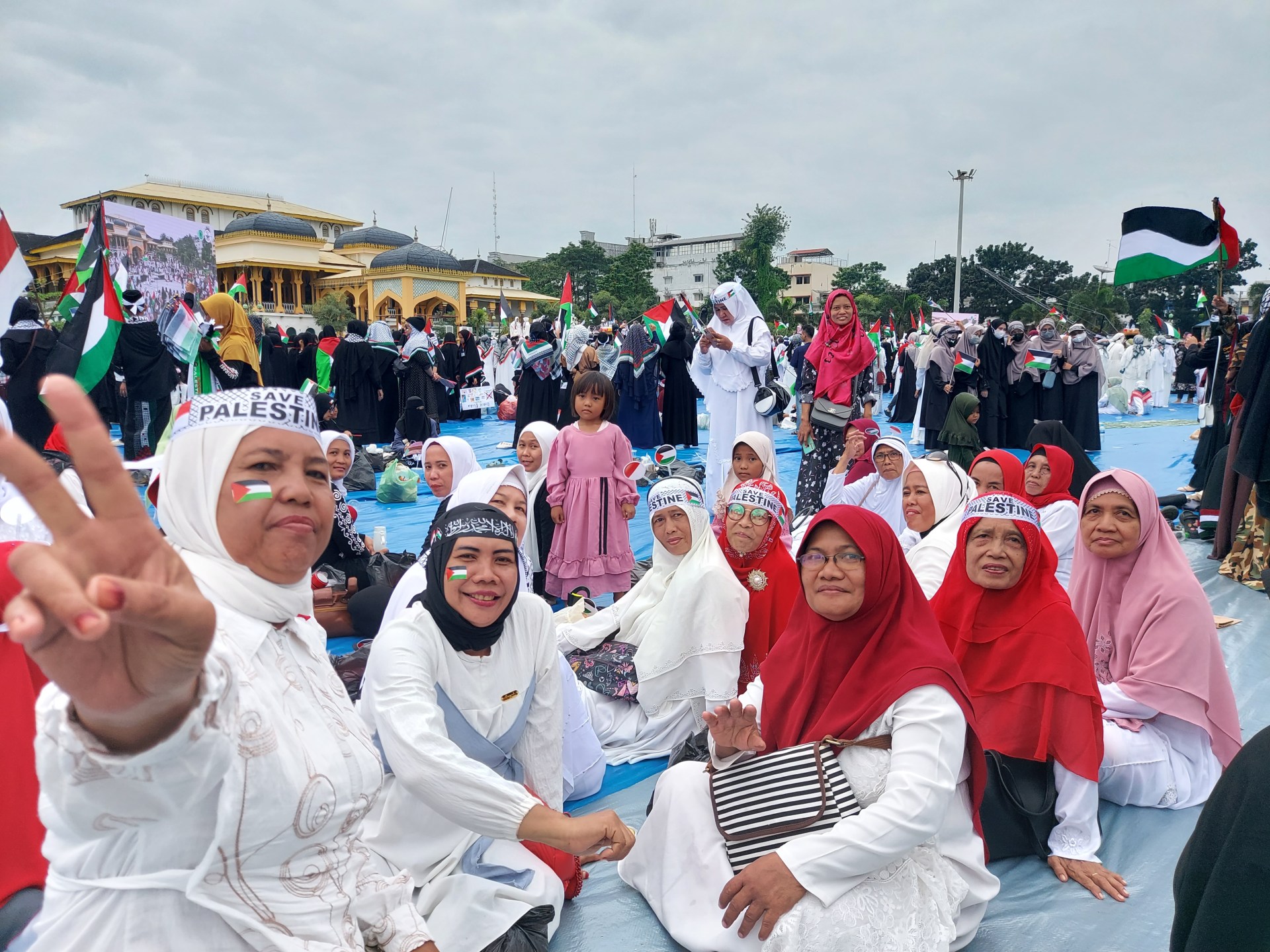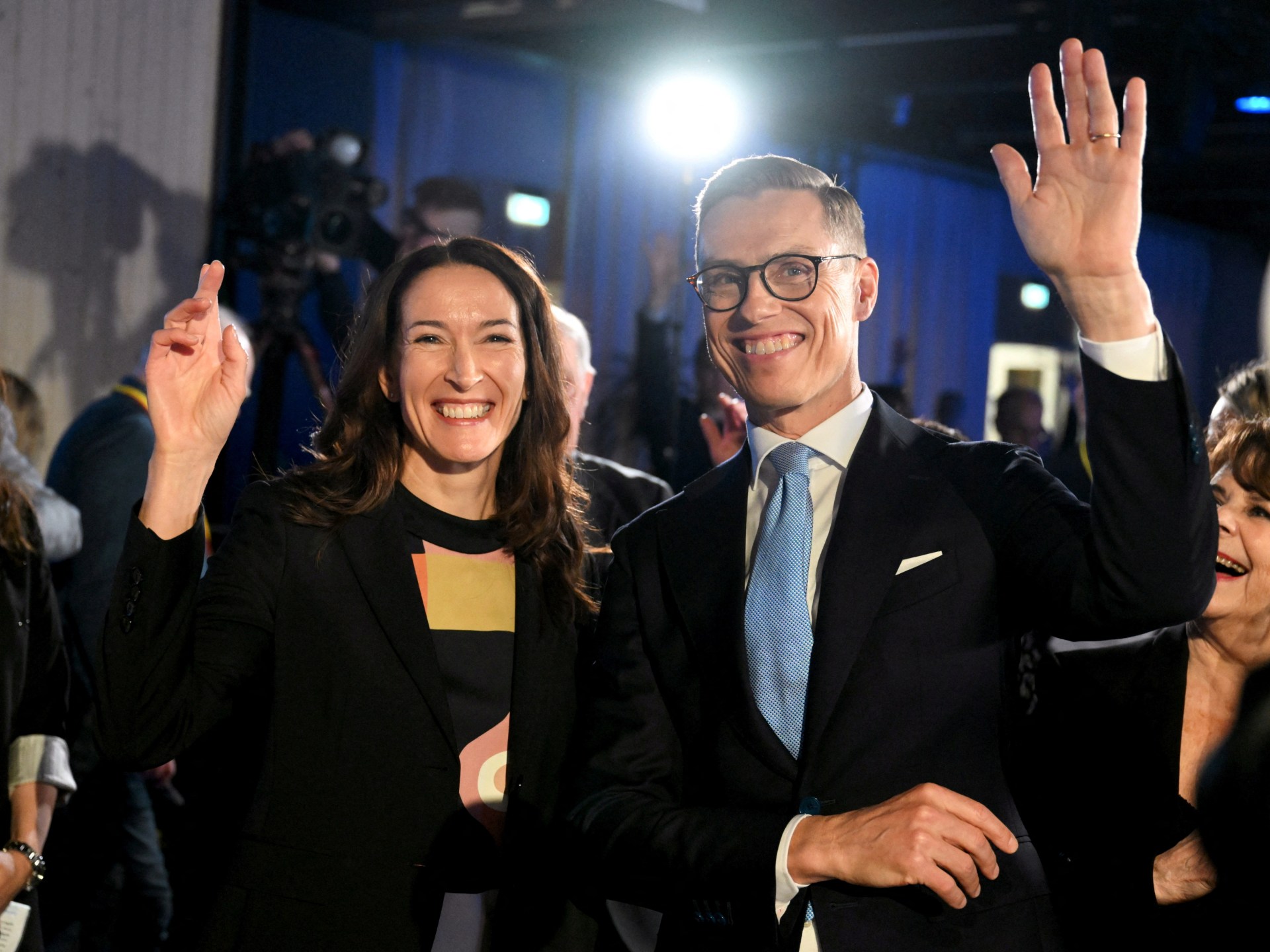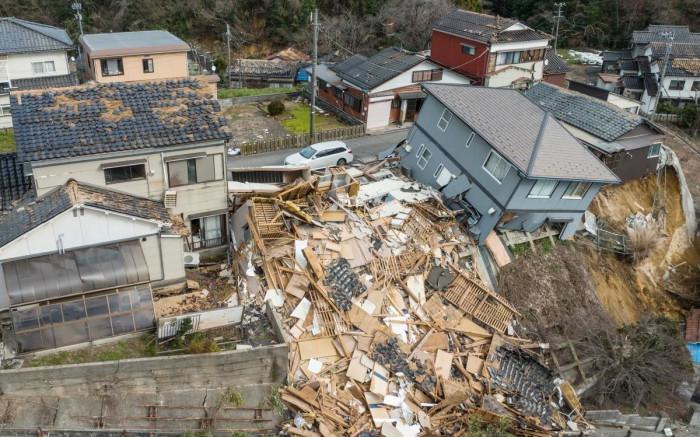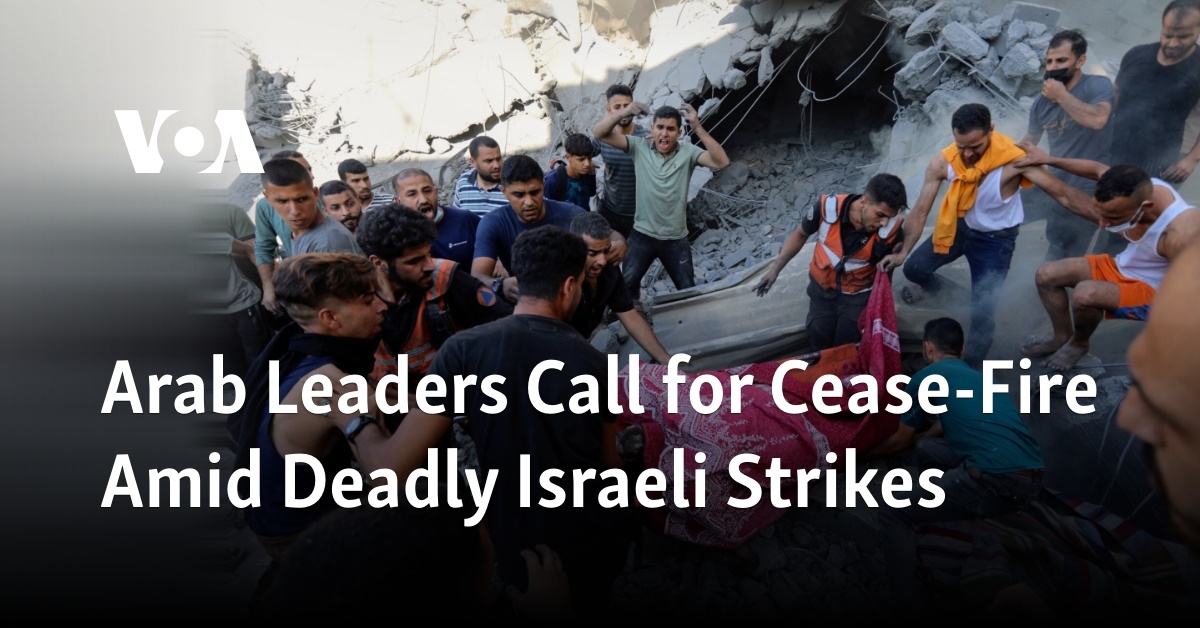
Medan, Indonesia – On a cloudy and gloomy Sunday morning in December, more than a thousand people gathered on the grounds of the Istana Maimoon, a 19th-century palace that is a landmark in the city of Medan in North Sumatra.
A sea of people, mostly dressed in white, green, black and red, the colors of the Palestinian flag, had gathered outside the palace to hear speeches in support of the Palestinian cause.
Many in the crowd wore headbands with Indonesian and Palestinian flags that waved as they moved, or cloth bands around their foreheads with the words “Save Palestine” printed on them. Large and small Palestinian flags blew in the wind and were waved by men and women, while participants had small stickers of the flag stuck on their cheeks.
Mothers pushed babies in strollers and children held their parents’ hands as they proudly posed for family photos with flags or flashing peace signs. At times, groups of people in the crowd erupted in chants and slogans such as “Israel are terrorists!” and “Free Palestine,” as participants pumped their fists in the air.
The crowds were there for a peaceful demonstration in support of Palestine, one of many protests and rallies taking place across the country amid Israel’s war on Gaza, which has killed more than 20,000 people since October 7, when Hamas militants attacked southern Israel.
The Medan rally was an interfaith event that invited Muslim, Catholic, Protestant, Buddhist, Hindu and Confucian leaders representing Indonesia’s six official religions.
The rally was also attended by numerous self-proclaimed housewives who have founded a movement to collect aid for Palestine. Among them was 51-year-old Normala Sari, who said she had taken part in four more demonstrations across North Sumatra and would continue to do so until a permanent ceasefire was declared in Gaza.
“We also consider the Palestinians our family,” she said. “When they are sad, we are sad. If they’re scared, we’re scared.”
“Colonialism must be abolished”
The Palestinian cause is an important concern in Indonesia, shaped by demographics and history. Like Palestine, Indonesia is a country of diverse faiths with a clear Muslim majority: 87 percent of the country’s 270 million inhabitants are Muslims.
Indonesia’s 1945 constitution, drafted after independence from the Netherlands, states that “all colonialism in this world must be abolished” – a call often cited in the country in support of Palestine.
When Indonesia fought for independence from the Netherlands, Palestinian leaders were the ones quickest to show support – and the Indonesians haven’t forgotten it.
“There are deep emotional bonds between Indonesia and Palestine that bring us so close,” Sari said. “In 1945, Palestine told the world that we were free. Palestine was one of the first places to recognize Indonesia as a free country. We’re like brothers in that way.”
In 1945, Sheikh Muhammad Amin al-Husaini, the Grand Mufti of Jerusalem and supreme leader of the Council of Palestine, lobbied Arab states to recognize Indonesia as an independent country through the Arab League, a regional organization founded in March 1945. which also included Egypt. Iraq, Saudi Arabia, Syria, the Emirate of Transjordan and Lebanon.
Yasser Arafat, then leader of the Palestine Liberation Organization, visited the country in 1984, 1992, 1993 and 2000, while Palestinian Authority President Mahmoud Abbas made his first state visit to Indonesia in 2007 and visited again in 2010 and 2014.
Indonesia, for its part, has consistently supported Palestine over the years and does not have formal diplomatic relations with Israel. In 1988, Indonesia granted Palestine official recognition and two years later, in 1990, a Palestinian embassy was opened in the Indonesian capital Jakarta.
“Independence is everyone’s right, so we do not support the Israelis taking the land from the Palestinians,” Sari said. “We hope that there will be a ceasefire because the Israeli forces do not abide by the rules of war and children were killed without sin.”
![Normala Sari and other housewives at the protest in Medan, North Sumatra, Indonesia [Aisyah Llewyllyn/AL Jazeera]](https://www.aljazeera.com/wp-content/uploads/2023/12/20231210_101221-1703569422.jpg?w=770&resize=770%2C578)
The housewife movement
At the national level, the pro-Palestinian protests have taken different forms, among others calls for a boycott from companies supposedly linked to Israel, including Starbucks and McDonald’s.
At the rally in Medan, Sari told Al Jazeera that housewives had their own initiatives and saw support for Palestine as an extension of their roles as mothers and wives.
They are also a cornerstone of fundraising efforts.
At a recent pro-Palestine rally in Sumatra that she attended, Sari said that there was a fundraiser to raise money to send aid to Palestine, and that the housewives in attendance took off their gold jewelry and gave it to the organizers in lieu of money handed over to the rally.
“We collected 2 billion Indonesian rupiah ($128,000) that day. Even a housewife whose husband had just bought a new gold bracelet the week before the rally took it off immediately,” she said.
“I think all the mothers here, if given the chance, would not hesitate to go to Palestine and do what we could to help. We all saw on TV what was happening there, especially with the children.”
Other housewives at the rally echoed Sari’s sentiments, telling Al Jazeera they were willing to travel to Palestine and fight Israeli forces if necessary or provide support in other ways, such as cooking and distributing aid.
“We want to tell the world that North Sumatra loves Palestine very much and we are devastated by what the Zionists are doing,” Sari said. “We cry for Palestine.”

A family affair
Sari said that in addition to housewives, pro-Palestinian rallies in North Sumatra also focus on children, which have become family matters.
Other mothers at the rally told Al Jazeera that they see these peaceful demonstrations as important opportunities to educate their children about the Palestinian cause and teach them lessons about universal issues such as human rights and community spirit.
Sari’s 15-year-old son has learning difficulties and the demonstrations she attends serve as a classroom for him. She said she always brings him with her when she attends a rally because, in her opinion, it is of utmost importance that he understand the problems in Palestine and learn to support his fellow Muslims at home and abroad.
“My son has a disability, but he attends all the rallies with me,” Sari said. “I want to teach him the meaning of love.”






Recent Comments